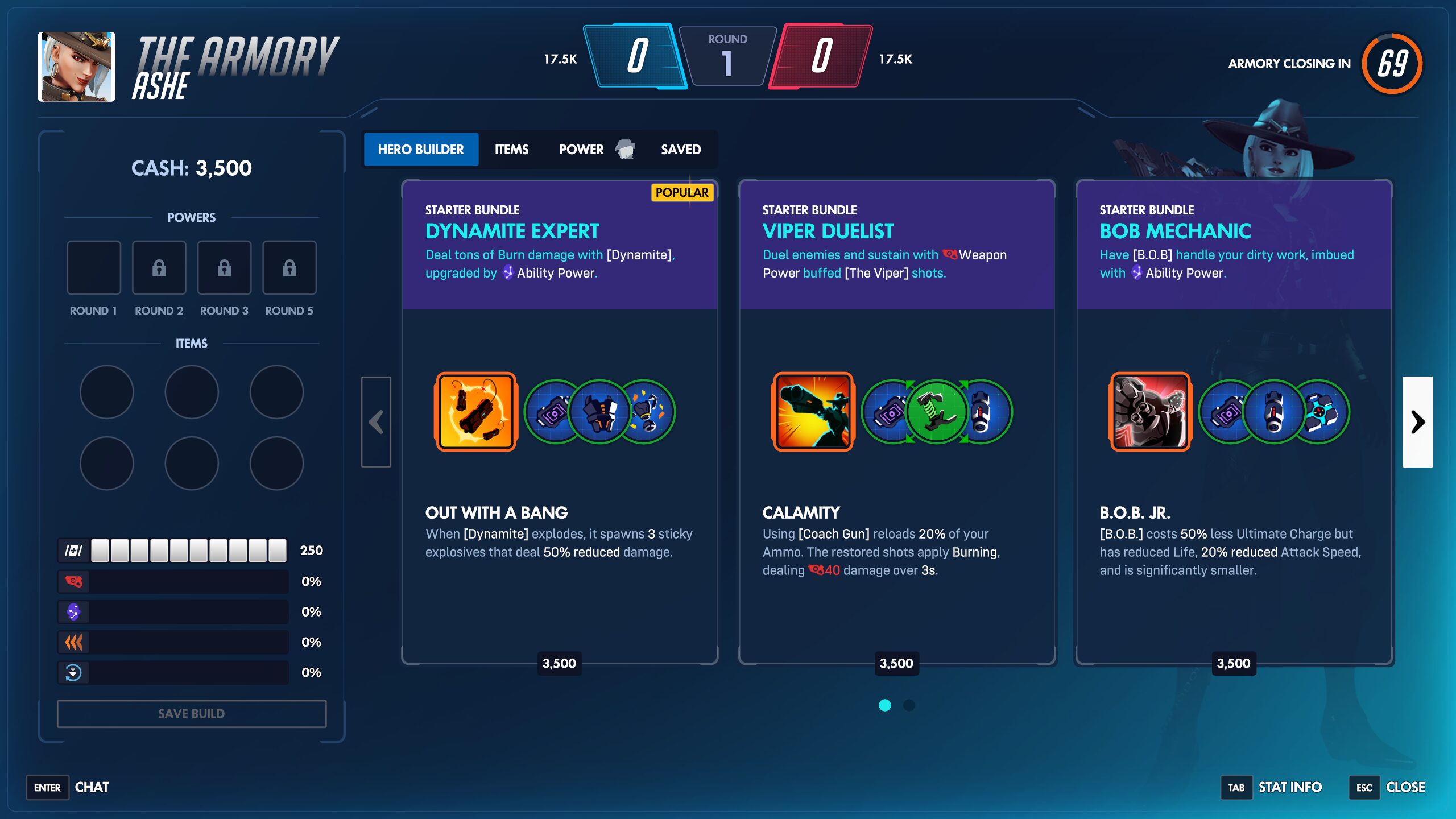To some, loyalty is when someone follows without question, even if it is against their own interest. To others it is when someone shops at the same store without going anywhere else. These two concepts are not only applied to following someone, or picking where to shop. They are also applied when people work for a company. These concepts are discussed when it comes to a single concept called, company loyalty.

Loyalty to a company that someone works for is viewed as only working for them whether it interests the person, or not. An interview with a workplace expert tells that loyalty in the workplace may be dying. “Ms. Gratton seemed to be echoing the comments of many other career specialists who say that loyalty has been sacrificed to the realities of a fast-paced economy.” (Korkki, 2011). There are a lot of people that have been working for years at a company. Thanks to the fast paced economy as mentioned by Ms. Gratton, a lot of companies cannot keep up with rewarding loyalty.
Company loyalty is viewed as a two way street. If the employee is loyal to the company, then the company should be loyal to them. In the case of Cynthia Maritnez, there is a point in her conversation where she points out how Altrue views her as an employee. “You know perfectly well that if Altrue could save some money by laying me off, the company wouldn’t hesitate.” (Shaw, 2010). With the way the economy is going, companies are trying to save money by not paying as much to the employees which brings morality into question.

It is considered morally wrong for someone to look after their own self-interests without keeping the interests of the company intact. It would not be acceptable for someone to say they will do something, and then change their mind. An example of this would be someone getting hired to run finances, then deciding to do things that would cause the business to go bankrupt. Telling the boss that you want to help the company grow, then doing things that hinder the growth, is another example of the wrong moral choice made.
Employees are obligated to provide their loyalty when they are hired to perform specific tasks in order to help it grow. They are morally obligated to uphold the interests of the company, and do everything they can to follow the instructions given to them. The employees owe loyalty to each other when there is an issue of mistreatment by the employer. They are to show support when the actions of the fellow employees fall within the support of the company.

The loyalty shown to coworkers is not expected when there is theft or lying being committed. It is possible to show loyalty when changing jobs for self-interest. As long as Cynthia changes jobs without leaving Altrue in a damaging position, she is still maintaining their goals, while helping her own self-interests. A relative is a chef who worked for two different companies. Each one has enough chefs, but required slightly different skills. They found that there was a slow promotional process with the business they worked at.
After a few years of working there, they decided to start looking for a job with more opportunity. A hotel chain contacted them to see if they would work for the hotel. The two businesses gave the offer of what could be given. They made the choice to go with the better offer, but left the other company with enough help to keep them from failing as well. Loyalty is something that can be shown in many different ways. Being able to adapt to these ways is what helps see that loyalty is still there.

Whistleblower is defined as, “a person who exposes any kind of information or activity deemed illegal, unethical or not correct within an organization.” Storms pointed out the fact that the navy was overspending its budget. He was using this to prevent people from losing their jobs due to budget cuts. Storms was acting using consequentalist ethics, protecting jobs while saving the government money from unnecessary spending. The good consequences of his actions were maximized and there was no negativity to them.
He brought attention to the things that needed to be looked at without adding negativity to the situation. His motive was to protect people from getting laid off, and causing the Navy to pay closer attention to what they are spending money on. He was a retired chief who wanted to see a positive change. The actions of Ahearn do qualify him as a whistle-blower, even though he did not necessarily go about it in the best way possible. He did get a good result in the fact that there are new laws in regards to waste disposal. Getting himself in trouble in the process was not a good result.

Adhearn did not produce the maximized good from the his decisions which makes him less right in the eyes of a consequentalist. He did not follow the ethical principles of consequentialism. Having been in his shoes, I do know what he was going through, to an extent. I was ordered to do some unethical things, such as this, and got in trouble for refusing to do it. The military itself has a different mindset than the rest of the world.
Retaliation is something that a lot of military members fear, which is why they follow orders as they were trained to. Some have resorted to the whole going AWOL thing, but others have decided to put up a stand against things the military does wrong. By going AWOL and getting himself in trouble, Adhearn took away from getting the maximum good results. He had good motives to protect the environment, and raise the practices of dumping garbage into question.

Adhearn did face a lot of possible retaliation from his division and possibly his unit for blowing the whistle. He did it anyway, which is what really makes him a true whistleblower. His actions were partially self-interest motivated, but he had kind of the right idea to go through with it. The thought of going surfing and running into trash while on the surfboard was one motivator for him. He took advantage of the thought, and possibly decided that he was going to go surfing before the ocean gets too littered with trash.
The action of turning himself in after going AWOL shows a little remorse for his first choice of action. No matter how tough the road gets, or how angry people will get, as long as the choice is made to serve the best interest overall, people cannot stay angry for making the right one. What may be seen as cowardice by some may be heroic to the people that mean the most. Measuring right and wrong is a next to impossible task. Some will follow the Consequentialist principles while others will follow the other theorists.

There was a show of loyalty and whistleblowing in the cases presented. What is, or is not the correct choice of actions is not always clear. These cases show us that we have to try to use our best judgement, as well as the interest of others, when making the choices we make. The results of our actions need to avoid causing irreparable damage to ourselves, as well as to others.
References
Korkki, Phyllis (April 23, 2011) The Shifting Definition of Work Loyalty (NPG.: PP. 3) retrieved from: http://www.nytimes.com/2011/04/24/jobs/24search.html
Shaw, William H. Cengage Advantage Books: Business Ethics: A Textbook with Cases. Cengage Learning, 01/2010. VitalBook file.



